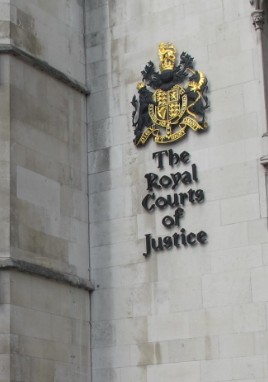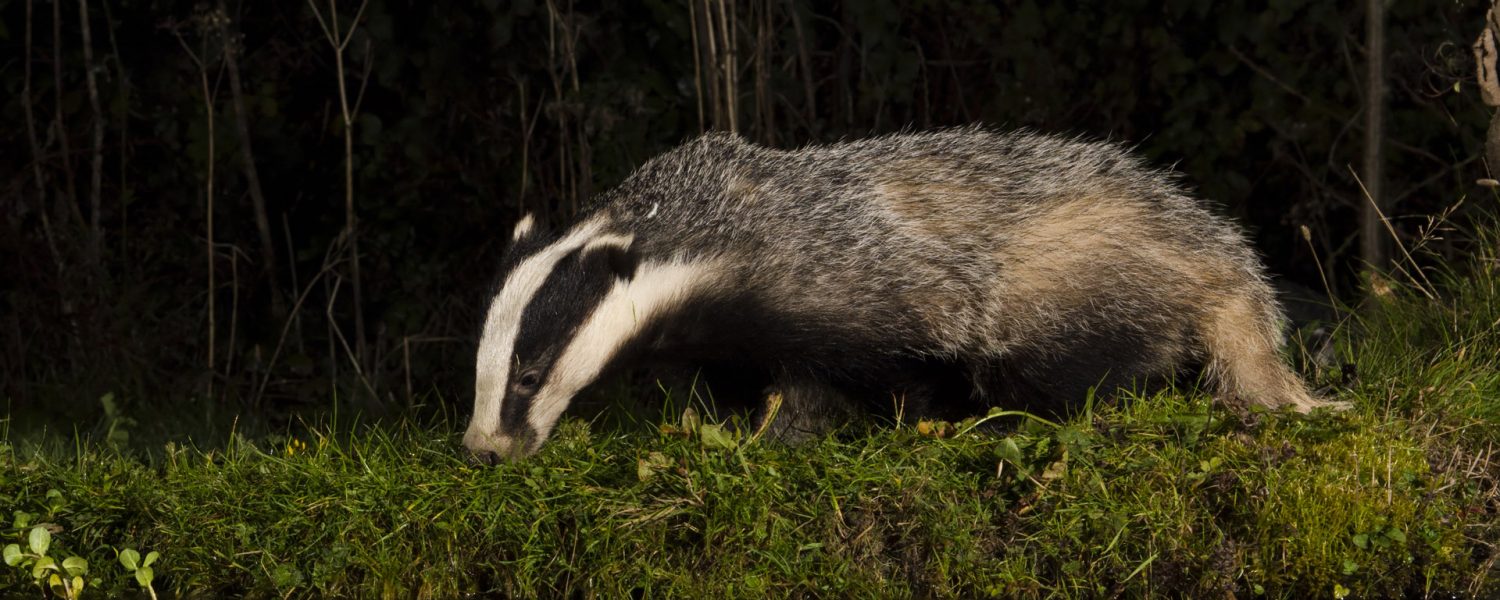
Today, Mr Justice Griffiths handed down a High Court judgement on the most recent Judicial Review on the ecological impacts of badger culling in England. He dismissed the claims made against the Secretary of State George Eustice, concerning the need for consideration of measures to protect species and habitats in the wider countryside, under the Natural Environment and Rural Communities Act 2006 (NERCA). This follows the decision to keep on culling badgers with changes in culling methods, including the wider introduction of reactive culling.
The claim had been brought in early 2020 by conservation ecologist Tom Langton, with support from the Badger Crowd, the broad affiliation of badger trusts, groups, and wildlife charities fighting poor science and decision making surrounding the badger culls in England. The ruling today for Judicial Review CO/2062/2020 suggests that despite the lack of evidence of the defendant recording any considerations, the Minister did not need to do anything “to have regard… to the purpose of conserving biodiversity” when the “Next Steps” policy was published in March 2020.
The judge indicated that so far, badger culling had been done “…with the benefit of all the evidence available about ecological impact and biodiversity. There was no new evidence that might even potentially have caused Next Steps to take a different turn.”
A ‘do-nothing’ approach was lawful?
However, Tom Langton’s earlier cases in 2017 and 2018 had exposed Natural England as being in breach of its duty for lack of protective measures for habitat and species features protected by Sites of Special Scientific Interest. Measures needed, which NE then hurriedly put in place via a new set of guidelines, requiring a wide range of practical precautions.
The recent case addressed species and habitats across an average of 90% of badger cull areas; on land beyond SSSI boundaries and protected by the NERC Act 2006. In a statement provided to the court, Natural England, who license badger culling, stated that protection imposed on badger culling licences “…are not necessary outside protected sites in order to comply with the purpose of conserving biodiversity.”
The 2018 Godfray Review conclusion to continue culling had stated that ecological studies of the consequences of reducing badger densities on other species should be undertaken. The Godfray review recommendation on ‘periodic culling’ involved a five-year badger cull cessation period with associated badger vaccination, and was considered the most ‘promising’ future approach. But this was not adopted by the government in March 2020.
An application to the Court of Appeal is now under active consideration.
A Badger Crowd representative comments:
“This is obviously a disappointment and blow to all those concerned with the biodiversity crisis in nature-depleted England, and who wish to see the potential cost, and damage to our environment from badger culling properly addressed. Ecological impact and potential impact from badger culling are accepted processes that are under-researched and not properly monitored. The need to address them was established by legal action in 2017 and 2018. If addressing these problems outside SSSIs is too difficult, as has been suggested, or perhaps too time consuming and expensive, then badger culling should stop. Freshly extracted evidence shows how government has improperly withheld information, that now needs to be fully examined. But, except for a few SSSIs, by his own admission, the Secretary of State has decided not to protect 90% of the countryside from scrutiny of the potential ecological effects of badger culling. England’s wildlife and the public deserve better. Thanks are extended again to the legal team and experts, and to the 700 individuals and organisations who have donated so generously and given support over the last 18 months to try to bring government to account.”
The Judgement may be read in full here.
Discover more from The Badger Crowd - standing up for badgers
Subscribe to get the latest posts sent to your email.

